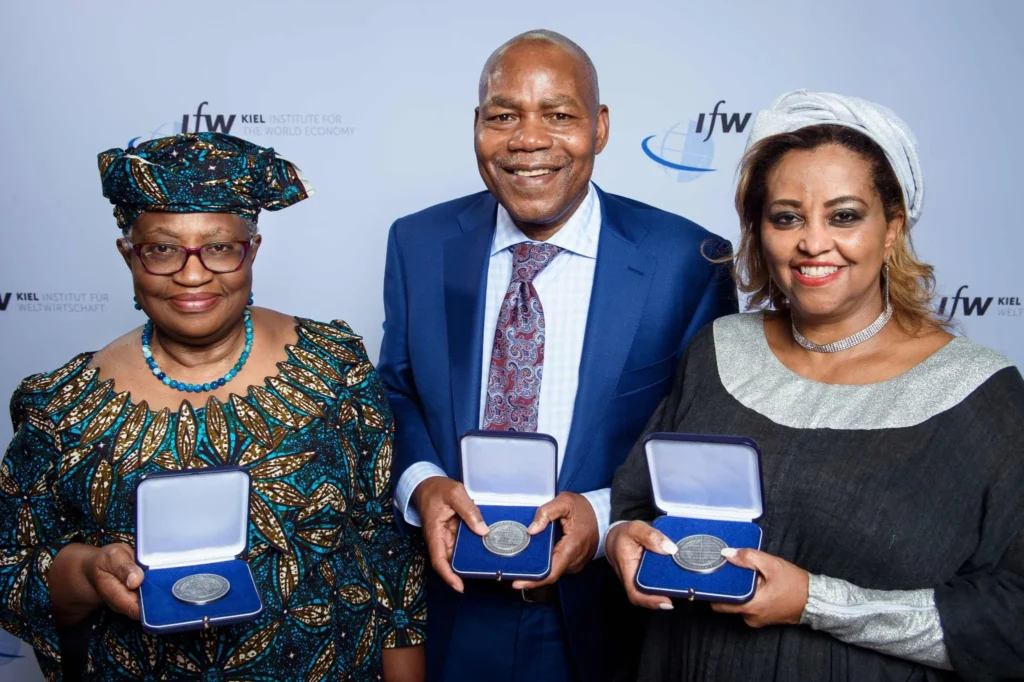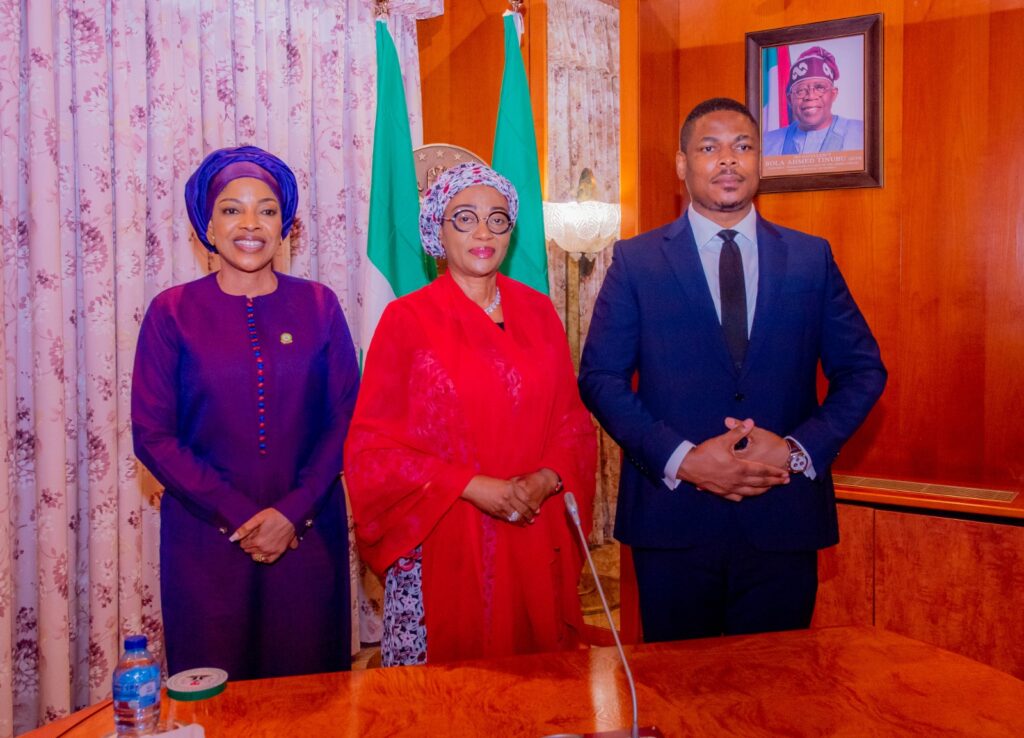On the 19th of June, 2023, the African School of Economics Founder and President, Prof. Leonard Wantchekon, received the Global Economy Prize 2023 alongside Dr. Ngozi Okonjo-Iweala, Director General of the World Trade Organization, and Dr. Eleni Gabre-Madhin, Chief Innovation Officer of the United Nations Development Program (UNDP). The prestigious event was held in Kiel, Germany.
The Global Economy Prize, established in 2005, recognizes individuals who have proposed innovative and transformative initiatives to address the challenges of globalization while promoting a fair and sustainable future. Prof. Wantchekon was honored for his visionary leadership in establishing the African School of Economics (ASE), a Pan-African institution dedicated to advancing research in economics, finance, and public policy, and producing exceptional social scientists and business leaders.
With campuses in Benin Republic, Côte d’Ivoire, and Nigeria, as well as a joint Master’s degree program in the United States, ASE has established a reputation for producing some of the most promising African economists and policy analysts prepared to tackle the continent’s most pressing challenges.
ASE’s vision is to nurture the next generation of African scholars capable of producing frontier research that is informed by the African perspective, and this is achieved through unflagging dedication to the highest standards in teaching and research, with an African focus.
This prestigious award serves as a testament to the incredible contributions and achievements of Prof. Wantchekon and the African School of Economics, ASE.
According to the Global Economy Prize jury, regarding Prof. Wantchekon:
“…With the African School of Economics (ASE), which he founded and directs, he is opening the way for African students to receive an internationally recognized education in economics. The ASE curriculum reflects Leonard Wantchekon’s unique perspective on economic issues by combining rigorous methodological training with multidisciplinary content on Africa’s past and present. It thereby provides students with a high level of understanding of development across the continent.”



